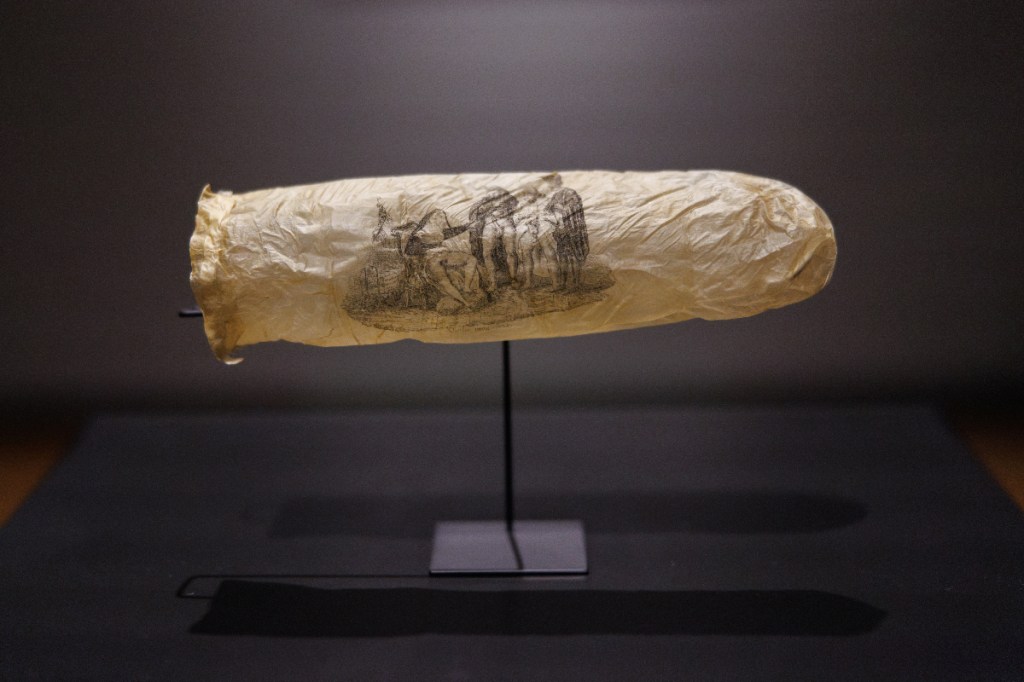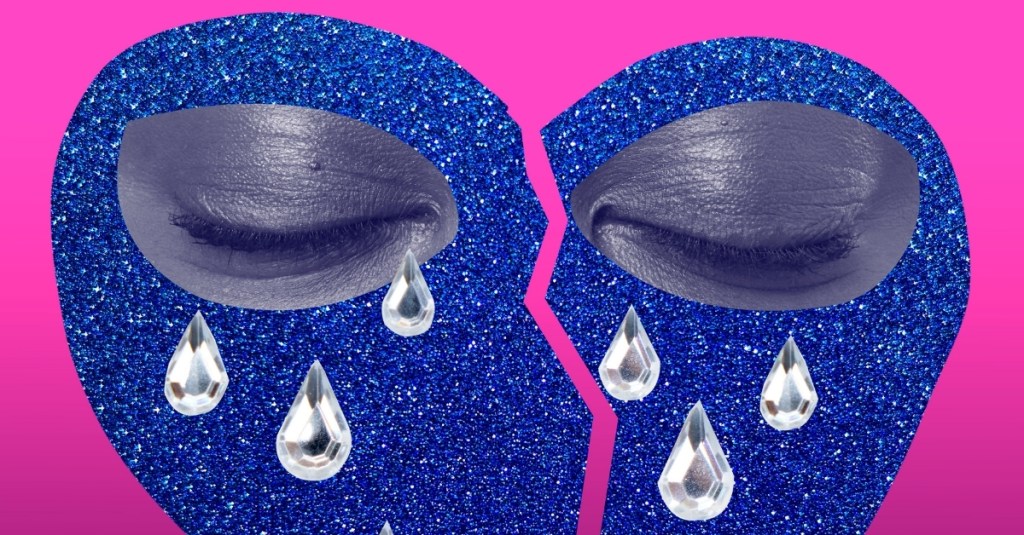Sam Stout earned his reputation for durability the hard way: by shaking off someone else’s haymaker like it was an autumn breeze, then landing one or a few or a lot of his own. Through 10 calendar years and 20 fights in the UFC, the 155-pound Canadian headlined two events, spent nine memorable rounds with Spencer Fisher, and took home seven fight night bonuses. Whether Stout won or lost, he helped ensure a good time for all who watched. But after three straight knockout losses, the blows-absorbed-to-blows-delivered equation changed, and on the heels of falling to fellow retired lightweight Frankie Perez, Stout announced his retirement earlier this week. Fightland caught up with Stout to talk about his retirement, his future, and the high points of more than a decade spent fighting for a living.
Fightland: Tell me about the moment when you made the decision to retire.
Sam Stout: It was the night after the fight—really, immediately after the fight. I used to have this iron jaw that I was known for. Then I got knocked out two times in a row and I told myself before this last fight—I kept it in the back of my mind, I wasn’t dwelling on it or anything—”Hey, if this keeps happening, I’m gonna have to hang ’em up.” I made some excuses when it was KJ [Noons] and when it was Ross Pearson. Those were two power punchers. Not to take away from Frankie, but he’s not really a knockout guy. That’s not what he’s known for: he’s a submission guy, and I got knocked out by him, too. It was clear to me that I can’t take a punch the same way. And with my style of fighting, it just doesn’t work if you can’t take a little abuse.
Videos by VICE
Was it just these last few losses, or was there anything in training that factored into your decision?
No, I felt great in the gym still. I was feeling good, motivated. I hired a new coach and we were really clicking well in the gym. Everything was going great. Physically, I still felt like I was there. I still felt fast, I still felt strong, I felt like my skill set was continuing to improve. But if you can’t take a punch, there’s no way to train your chin to get better. I’ve seen it in the past with tons of guys: once they get knocked out like that once, it just keeps happening. I wanted to hang ’em up and go out with some dignity, and not keep pushing it and keep getting knocked out until the UFC cut me. That was not the way I wanted to end my career. It’s still a hard thing to wrap my brain around.
Are you concerned about what the future holds for your cognitive abilities?
I don’t have any symptoms, any kind of post-concussion issues or anything like that. Since the fight I haven’t had any headaches, any dizziness, lightheadedness, nothing like that. I have no issues right now. But I’m not going to keep waiting around and doing it until I do, right? It’s one of those things, you’ve got to know when to hang ’em up and not wait until it’s too late.
You’re part of a transitional generation in the sport. When you look back at the kid from Ontario who started off kickboxing and got into MMA in the early 2000s, what drove you to fight in the first place?
I did it for the love of the sport. At the time, there was no money in it—anyone who was around in those days was doing because they loved it, right? It was what they wanted to do. I met Shawn Tompkins and he was my hero when I was a kid. A lot of it was just to try and make him proud of me. He was a big motivator for me.
After 12 years competing in MMA, what did you learn by fighting that you couldn’t have learned doing anything else?
I learned when it comes to my fight or flight response, I’m a fighter, not a runner. It really tests you as a human being, to see what you can put yourself through physically and emotionally. There are so many moments where you’re at a breaking point—you’re at the highest highs and the lowest lows in the sport. I learned what I’m capable of putting myself through.
Your trilogy with Spencer Fisher stands out to me, but what victories do you remember most vividly? Or maybe defeats?
The fight with Yves Edwards was my last fight with Shawn in my corner, and it was one of the best wins of my career. The best [all-around] performance I ever had was against Joe Lauzon—I remember walking out for that fight, being in the tunnel, and just feeling like I was invincible. I carried that into the ring, and that was the best night I ever had in the Octagon. The fight with Jeremy Stephens was one of my craziest wars for sure. It was 10 years [in the UFC]—there were a lot of moments I’ll never forget, and there’s a lot that I’m pretty proud of.
This is probably the first time in more than a decade when you’ve been doing interviews without a fight on the horizon. What will you miss most not just about fighting itself, but the routine and familiarity of preparing for the fight?
There’s a satisfaction that comes with knowing you’re in the best shape you can possibly be in. Those training camps, you physically feel so good. I’ll probably never feel in that good a shape again for the rest of my life—I can’t imagine that I’ll ever put myself through that kind of diet and training just for the fun of it. But I’ll relish the fact that I can order a pizza whenever I want.
You have a family, you own a gym—what’s going on in your post-retirement life?
I’m gonna start off just training people at the gym, teach classes, continue what to do what I know and love, and do that to pay the bills until I figure out what I want to do next. This is all so new and fresh. I’ve got some decisions to make.
MMA retirements are notoriously short-lived. Do you think yours will stick?
I’m not coming out of retirement. Ever. Don’t worry about it.
More
From VICE
-

Photo by Rijksmuseum/Kelly Schenk -

Photo by Tibor Bognar via Getty Images -

De'Longhi Dedica Duo – Credit: De'Longhi -

We Are/Getty Images